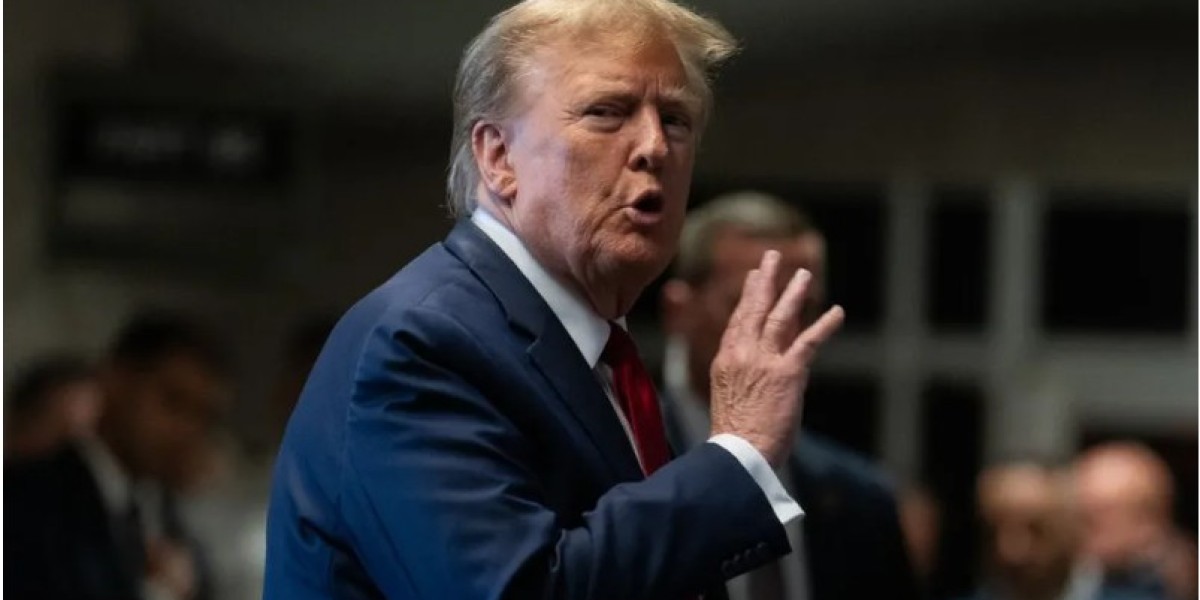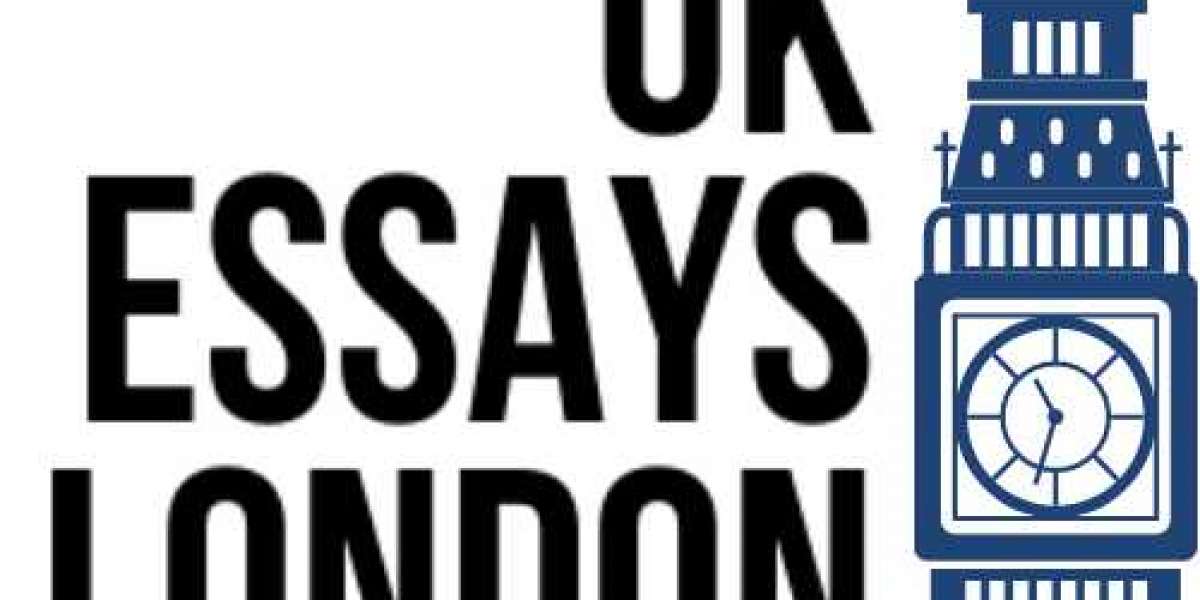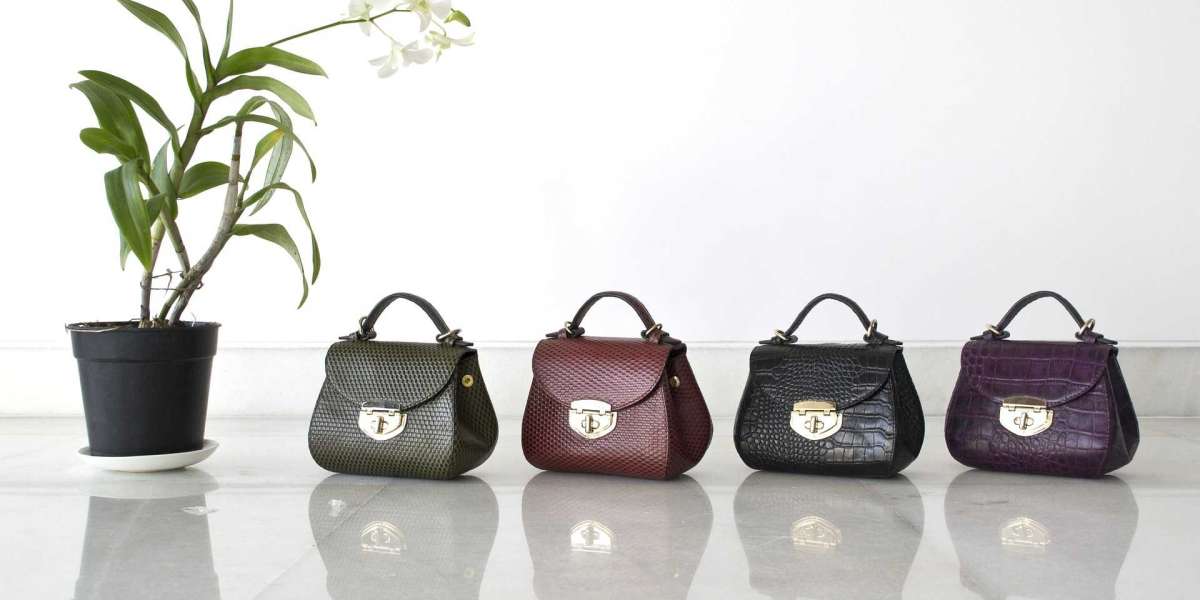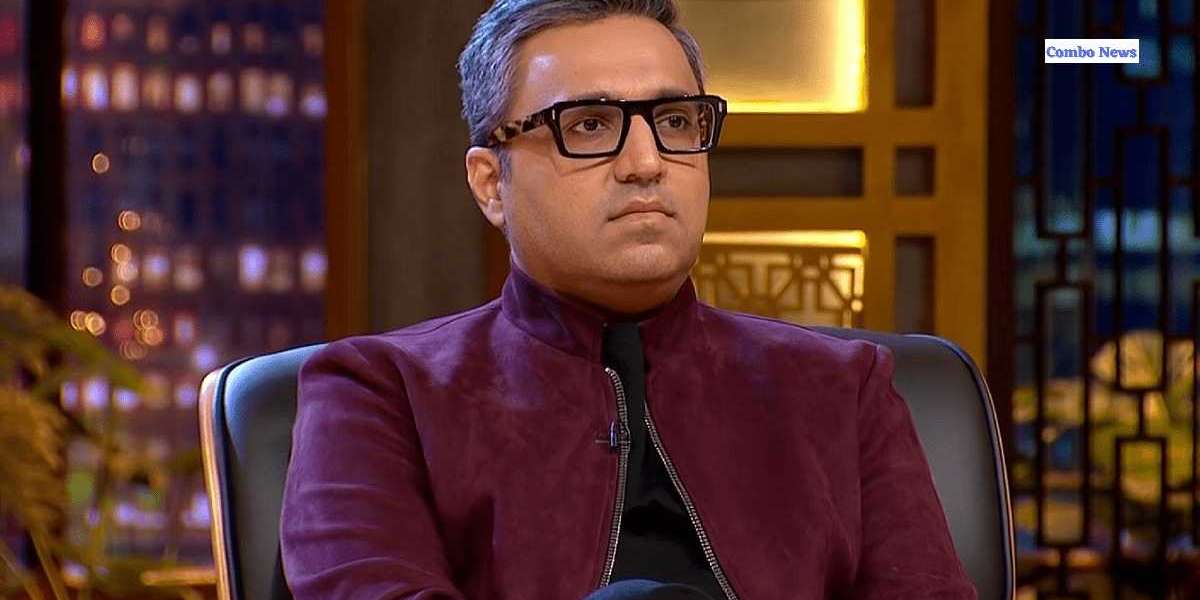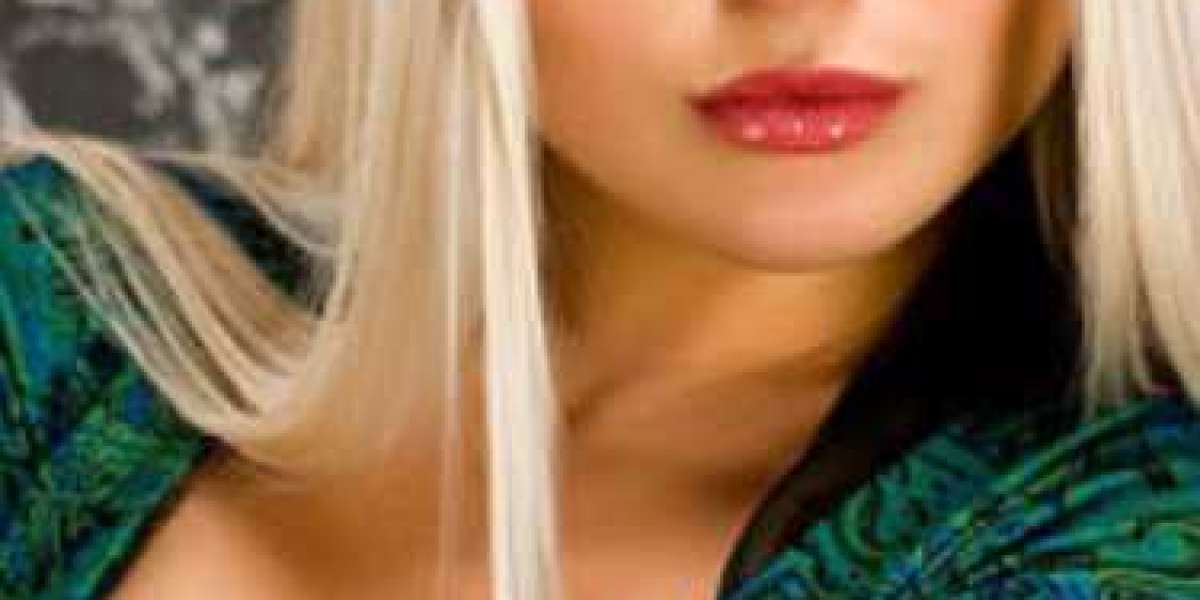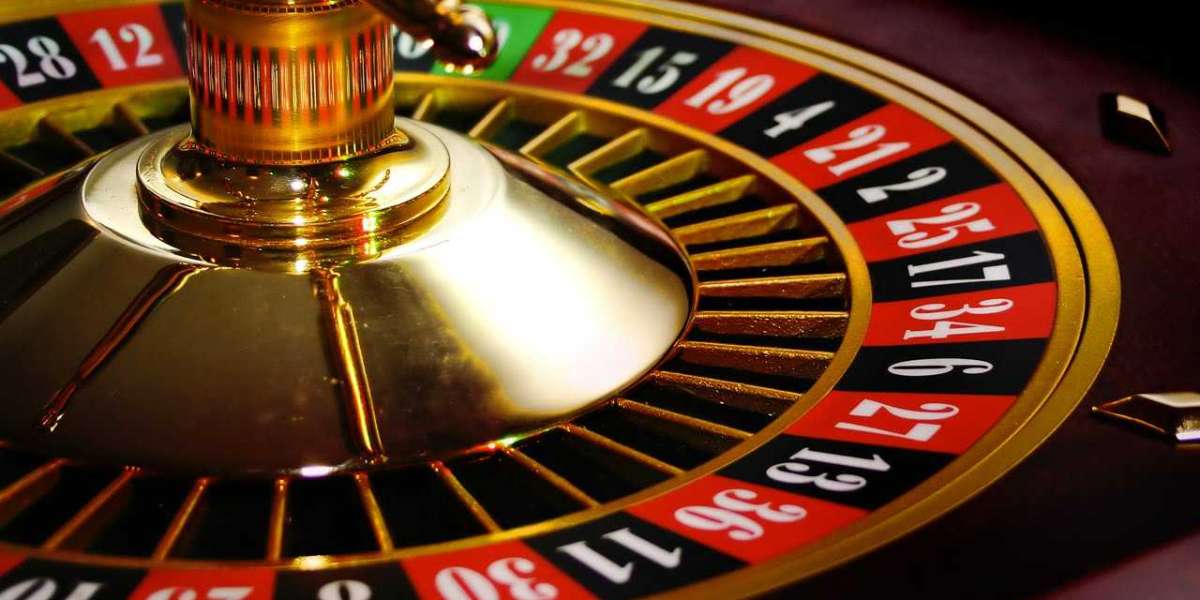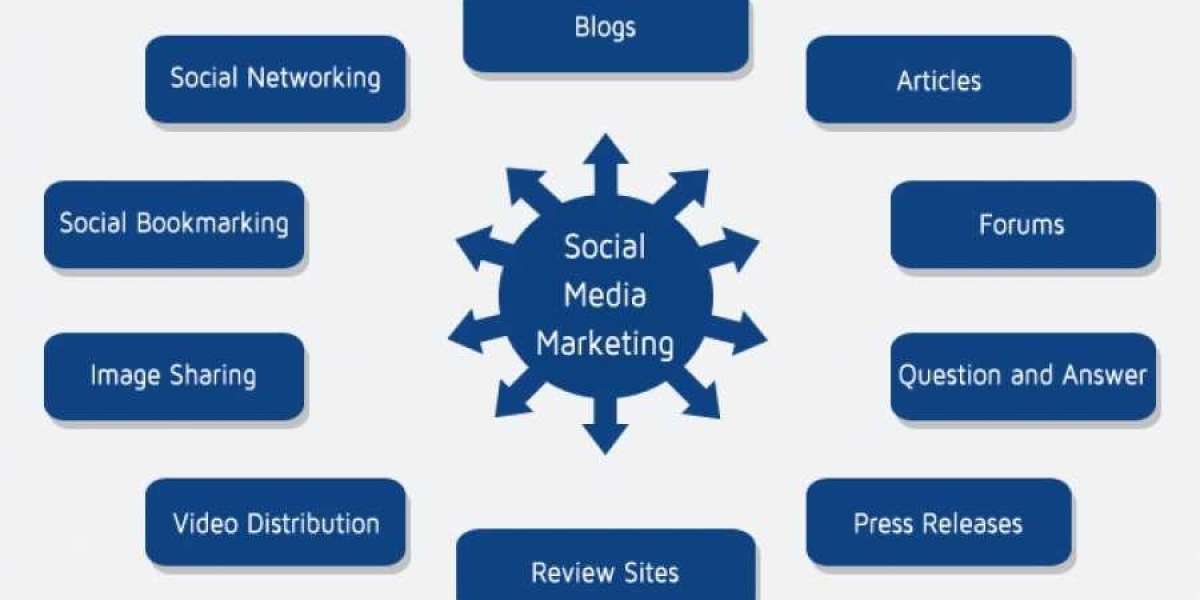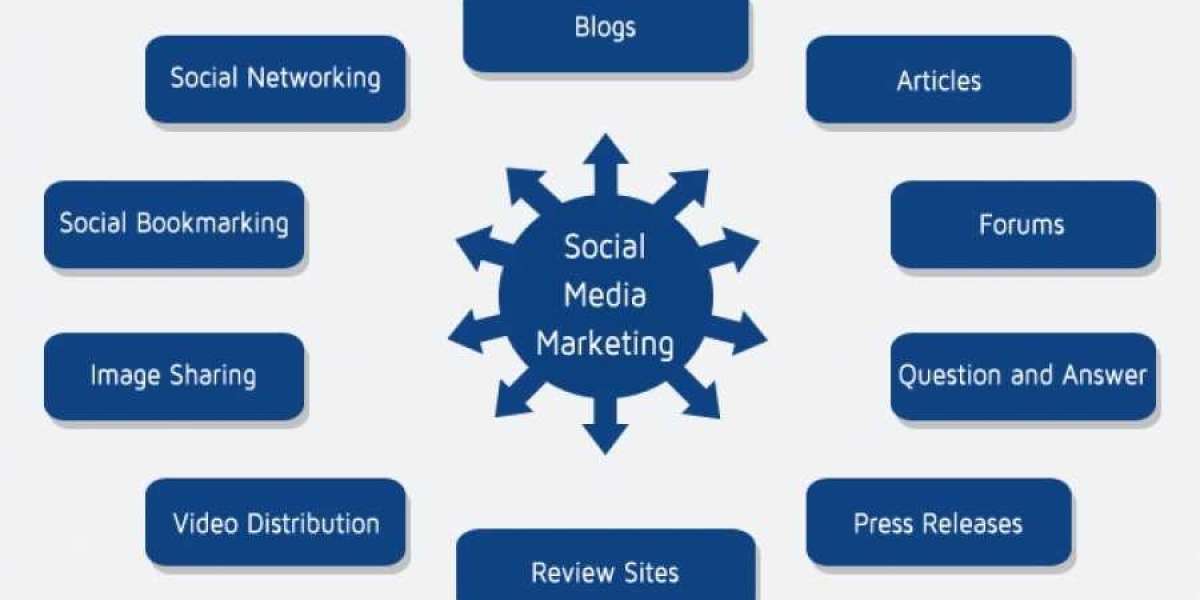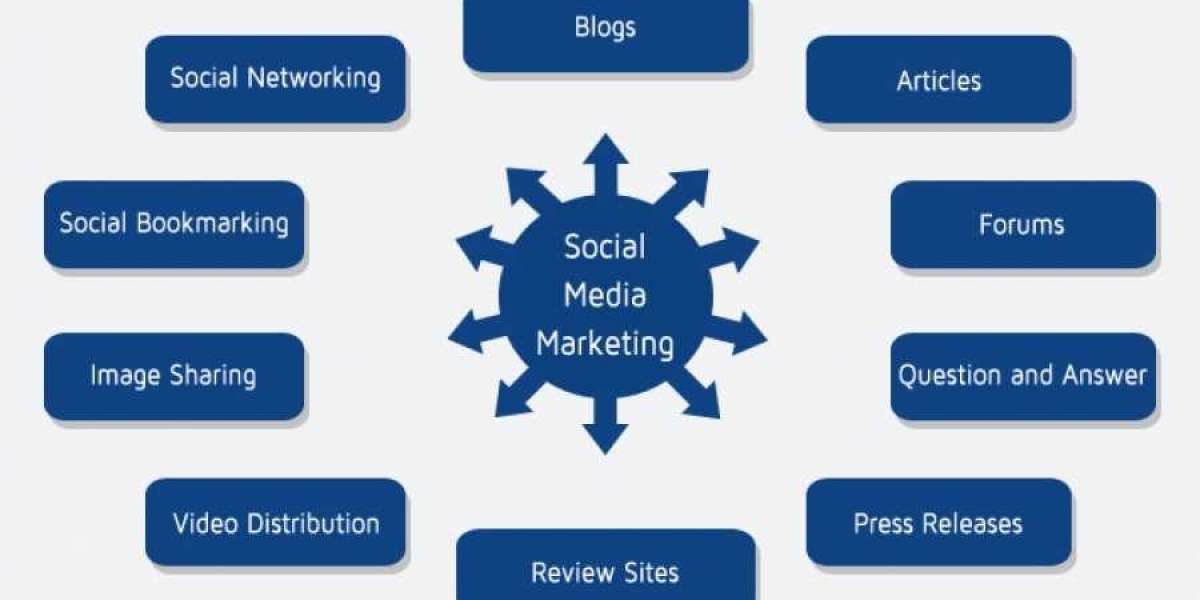The former president has in recent months faced judges in two separate New York civil trials, but his criminal trial there will look very different.
Mr Trump, 77, has been charged with 34 counts of fraud, related to alleged hush money he paid to porn star Stormy Daniels before the 2016 election.
He has pleaded not guilty, arguing the claims do not constitute "a crime".
But the Manhattan case will now frequently take the Republican frontrunner for president off the campaign trail for up to six weeks.
Here's everything we know about the trial.
Will Trump attend?
In his pair of recently concluded civil trials, Mr Trump showed up sporadically, coming and going from the courtroom as he pleased.
But in this trial, he is a criminal defendant with the right to be present every day, and most people in his position do not skip court.
"He can make a knowing and voluntary waiver of that right and be tried in absentia, but that is a huge mistake," said Neama Rahmani, a former federal prosecutor and president of West Coast Trial Lawyers.
People do not like jury duty, he told the BBC, "and when they see that a party in the case does not care and does not respect their time, that is a surefire way to get convicted".
Outside the New York County Criminal Courthouse after Thursday's hearing, Mr Trump vowed to be in court by day and campaign by night.
The ex-president is already crushing the competition in the Republican primary and he will have all but clinched the nomination by early March. A large number of states, 15, will hold their votes on 5 March, known as "Super Tuesday".
But a six-week trial, ending on 5 May, would conflict with primary contests in six states.
What will the trial look like?
Manhattan Supreme Court Justice Juan Merchan, who oversaw a tax fraud trial against the Trump Organisation last year, has more than 16 years on the bench. But the first criminal trial of a former US president will be the highest-profile case he has ever presided over.
Mr Trump previously argued the judge "hates" him and should step aside, a move Justice Merchan rejected.
The former president has hired a coterie of lawyers for his various cases. Representing him here is a team led by Susan Necheles and Todd Blanche.
Manhattan District Attorney Alvin Bragg, the first person to indict Mr Trump, has assembled a team of eight seasoned litigators for the prosecution.
Prosecutors told the court on Thursday they will need 15 to 17 days at minimum to present their case and may need more if both parties cannot agree to certain stipulations.
Mr Trump's former attorney and personal fixer, Michael Cohen, is expected to be the prosecution's star witness and to face an intense cross-examination over his chequered past.
The ex-president will, meanwhile, argue he is facing "meritless" and "politically motivated" charges.
Per Justice Merchan's rules, the court will not sit on Wednesdays, or on 29 April.
The trial may also hit pause for the Jewish holiday of Passover, which some members of Mr Trump's legal team will observe.
How will jury selection work?
Bench trials for felony charges in New York require 12 jurors with up to six alternates.
Prospective jurors could face a range of questions when the trial kicks off, from where they get their news to whether they have ever put a political bumper sticker on their car.
They may also be asked if they believe the 2020 election was stolen if they have read any of Mr Trump's books, or if they have listened to anything from Mr Cohen.
Jury selection could take the bulk of the trial, according to Mr Rahmani, because "everyone knows who Donald Trump is. Everyone has an opinion about him."
"People are not coming into the courtroom with a blank slate, so I wouldn't be surprised if they have to go through 100 or more jurors to seat a panel," he said.
Justice Merchan can, however, impose a time limit to ask questions. Each side is also limited to making 10 challenges without providing a cause.
Will the trial be televised?
New York is one of only three jurisdictions in the country that bans nearly all audio-visual coverage in trials, although it made a brief exception for audio during the pandemic.
Judges have discretion over letting cameras into their courtrooms, and we did catch brief glimpses of Mr Trump's civil fraud trial on most days.
But Justice Merchan has not allowed cameras in his courtroom during preliminary hearings and he appears unlikely to reverse course when the trial begins.
That means - despite the intense public interest - only a few members of the public and the press inside the Manhattan courthouse will be able to watch the prosecution of Mr Trump.
The rest of us will have to rely on media reports, sketch art, and, in all likelihood, Mr. Trump's online posts to color in the scene each day.
